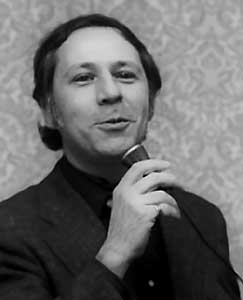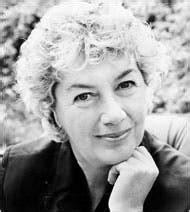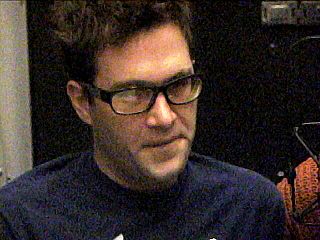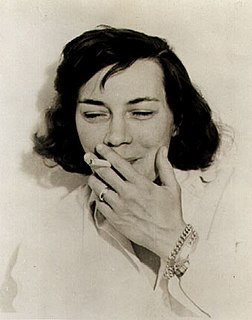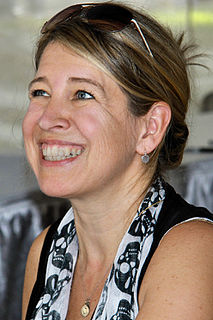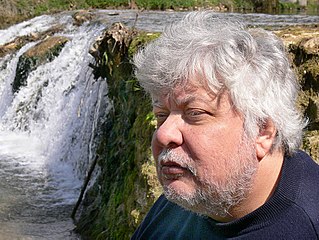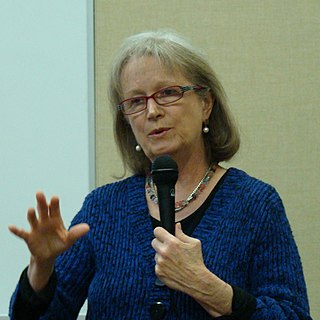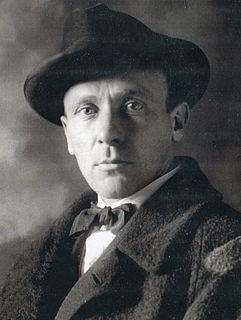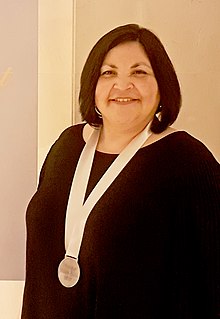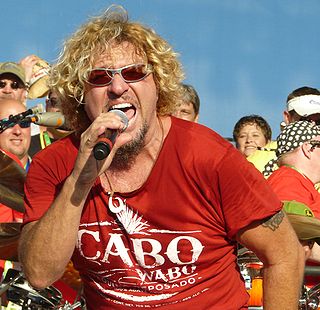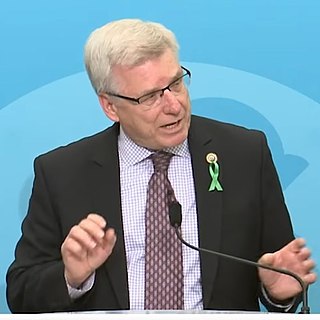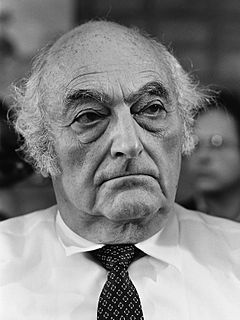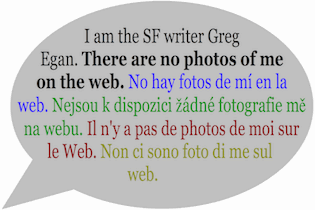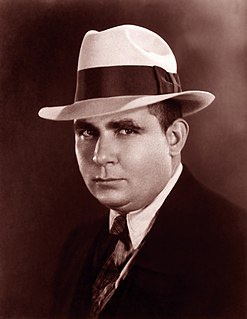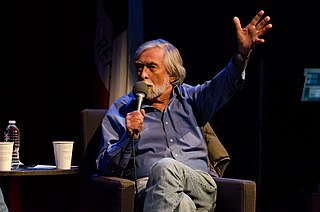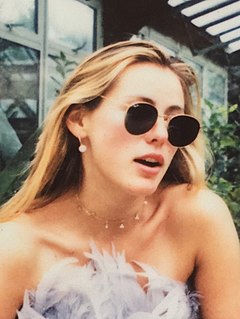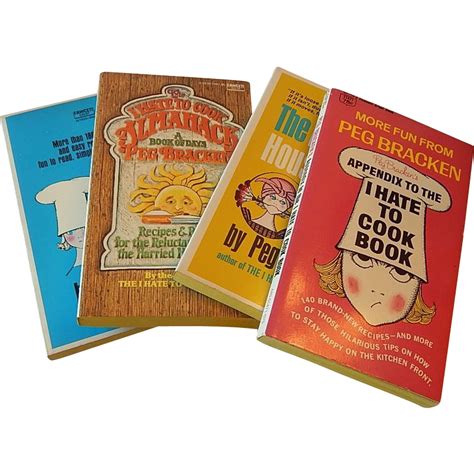Top 415 Publisher Quotes & Sayings - Page 5
Explore popular Publisher quotes.
Last updated on December 18, 2024.
Novels are completed when they are finished, but the memoir changes its own conclusion by virtue of being written... I was not at all the same person, when I handed the manuscript to the publisher, as I had been when I began. A memoir may always be retrospective, but the past is not where its action takes place.
I deal with the authors I work with, agents, and other departments of the company, talking about both the books that I'm working on and everyone else's. Then there's dealing with foreign publishers: foreigners visit all the time. People want to bounce things off the publisher, and a lot of it is encouragement.
The professions of novelist and journalist are very separate. As a novelist, you are ultimately working for yourself. Yes, you need the approval of a publisher and an audience, but what is valued in fiction writing - style, individual voice, insight - is scorned by the editor who is combing through your newspaper article.

